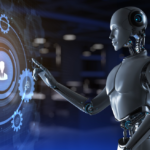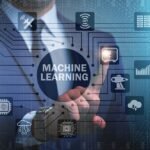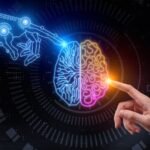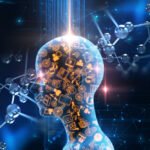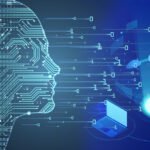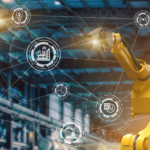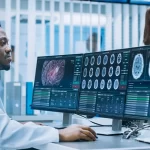GTC 2021: Nvidia debuts accelerated computing libraries, partners with Google, IBM, and others to speed up quantum research
The annual GPU Technology Conference (GTC) hosted by Nvidia never fails to impress with groundbreaking advancements in the field of accelerated computing. GTC 2021 proved to be no exception, as Nvidia showcased its latest developments in accelerated computing libraries and announced strategic collaborations with industry giants Google, IBM, and other prominent players. With a particular focus on quantum research, these advancements hold the potential to propel scientific discovery and drive innovations in quantum computing.
Accelerated Computing Libraries for Enhanced Performance: Nvidia introduced a suite of accelerated computing libraries designed to optimize performance and streamline computational workflows. These libraries leverage the power of GPUs, harnessing their immense parallel processing capabilities to accelerate a wide range of applications across various industries. The libraries incorporate state-of-the-art algorithms and techniques, empowering researchers and developers to extract maximum performance from their computing infrastructure.
These accelerated computing libraries provide a significant boost to computational efficiency, enabling researchers to tackle complex problems with greater speed and accuracy. From simulation and modeling in scientific research to AI training and data analytics in industries like healthcare and finance, the applications of these libraries are far-reaching.
Partnerships to Accelerate Quantum Research: In an exciting development, Nvidia announced strategic partnerships with industry leaders Google and IBM, among others, to accelerate quantum research. Quantum computing holds immense promise for solving problems that are beyond the reach of classical computers, revolutionizing fields such as materials science, cryptography, optimization, and drug discovery.
Nvidia’s collaboration with Google focuses on integrating Nvidia’s high-performance computing platform with Google’s Cirq framework, a widely used tool for quantum algorithm development. This integration aims to provide researchers and developers with enhanced tools and resources to accelerate quantum algorithm development and optimize quantum circuits.
The partnership with IBM centers around the integration of IBM’s open-source quantum software development kit, Qiskit, with Nvidia’s accelerated computing libraries. This integration aims to enable researchers to leverage the power of GPUs to accelerate quantum simulations and advance quantum algorithms. The collaboration holds the potential to unlock new insights and discoveries in the rapidly evolving field of quantum computing.
Implications for Scientific Discovery and Innovation: The debut of Nvidia’s accelerated computing libraries and the strategic partnerships in quantum research signify a significant step forward in the realm of accelerated computing. These advancements have profound implications for scientific discovery and innovation across industries. By leveraging the power of GPUs and collaborating with key industry players, Nvidia is driving the democratization of advanced computing technologies and empowering researchers to explore new frontiers.
The accelerated computing libraries open doors to enhanced performance and efficiency in computational workflows, enabling researchers and developers to tackle complex problems at unprecedented speeds. This acceleration paves the way for breakthroughs in areas such as climate modeling, drug discovery, genomics, and AI research, among others.
The partnerships in quantum research hold the potential to accelerate the development and optimization of quantum algorithms, revolutionizing our ability to solve complex problems that were previously intractable. As quantum computing continues to evolve, the integration of Nvidia’s accelerated computing libraries with leading quantum frameworks will facilitate advancements in quantum simulation, algorithm design, and quantum machine learning.










